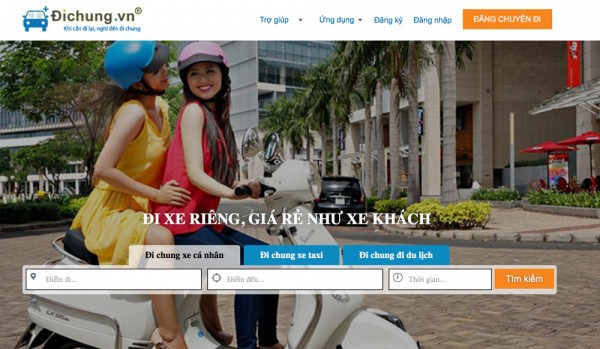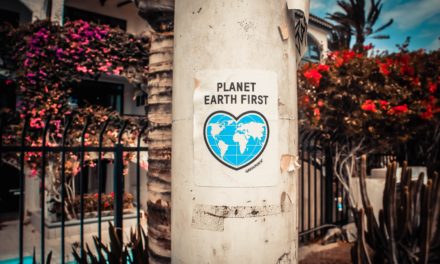Share your ride with a stranger for the environment!
Pollution is a global issue, damaging our health & the economy as a whole. If you closely monitor the pollution index in Asia, you will find only very few places are not yet affected. Air pollution, for most of the case, is something we can’t see or feel. Yet it harms our health seriously. Last year, World Health Organization warned that tiny particulates (for instance PM 2.5 & PM 10) from cars, power plants and other sources are killing 3 million people worldwide each year. (source from WHO)
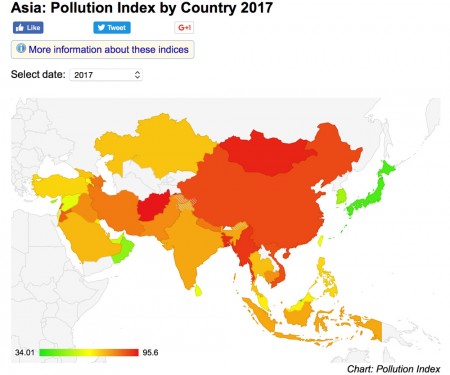
Check out this Pollution Index from Numbeo, according to their research based on the figure from World Health Organization and other institutions, only Japan, South Korea and Oman are less polluted.
Click here for source
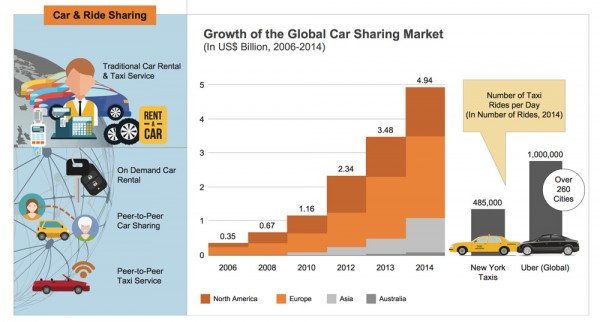
Source of graphic
There are many ways an individual can help ease air pollution, such as drive less and take more mass public transportation. By sharing vehicles, we are not only cutting the number of cars on the road (less traffic jam) but also relatively produce fewer pollutants.
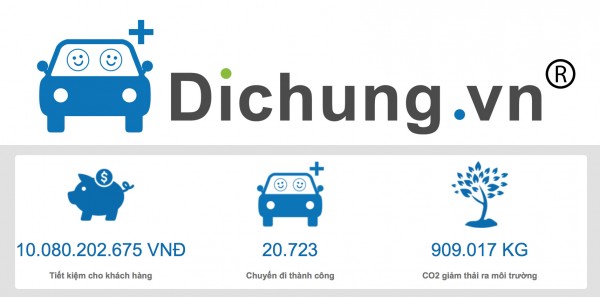
In Vietnam, “Di Chung” starts creating change since 2012 by launching a social platform for ridesharing service. People can either use their social network or mobile platform for sharing available seats on transportation vehicles and enables trusted users to sell unused seats. A year after its launched, Di Chung received the Asia Pacific SEED low carbon awards to praise their contribution to sustainable development.
Social impacts:
Offering a cheaper, greener transport option for low-income communities and people with disabilities.
Helping connect people concerned about environmental problems and educate them on climate change.
Promoting social trust, positive social interaction, and quality of life by reducing stress and air pollution.
Environmental impacts:
Saving over two million liters of gasoline per year within three years.
Preventing 6.6 million tons of CO2 emissions per year and so helping to mitigate climate change.
Improving air quality in big cities.
Economic impacts:
Reducing travel costs for users so they can spend their money elsewhere.
Supporting the development of modern technologies and payment systems for sustainable solutions.
Saving time for urban residents and increasing social productivity by reducing traffic jams.
Source of Information
More on Di Chung
Contributor: Chan 2

